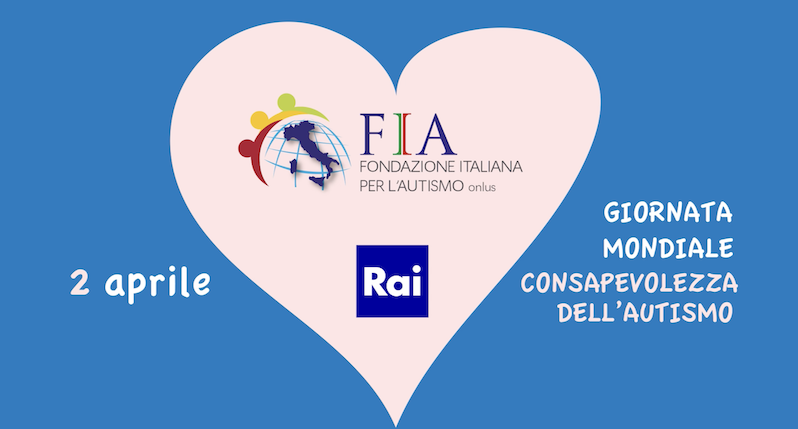The 2021 Annual Conference on Legal Issues in Social Entrepreneurship and Impact Investing
On June 9, 2021 from 6 pm join live our Roberto Randazzo on The 2021 Annual Conference on Legal Issues in Social Entrepreneurship and Impact Investing.
Roberto Randazzo and others discuss on “Certifyng and regulating impact”session.
Europe is mandating increasingly extensive environmental and social disclosures. Even as legal requirements expand, important challenges remain for companies that focus on “profit with purpose” and for accounting and legal systems as to how they should adapt to increased attention to impact. This panel will examine how international frameworks are evolving globally in shaping corporate disclosures of intended and unintended impacts.
Co-organized by the Impact Investing Legal Working Group (IILWG) and the Grunin Center for Law and Social Entrepreneurship, this annual conference brings together leading minds to explore new legal and policy developments in the fields of social entrepreneurship and impact investing and to discuss how lawyers and the law can most effectively serve social entrepreneurs and impact investor.
The conference consists of a series of panels, plenaries, and discussions geared toward sharing knowledge and building a legal community of practice in these fields. Please see the complete 2021 Program Agenda attached.ICPRGRUN21.1 Grunin Conference Agenda
Registration is free – learn more and sign up here https://lnkd.in/dS_i2wk





